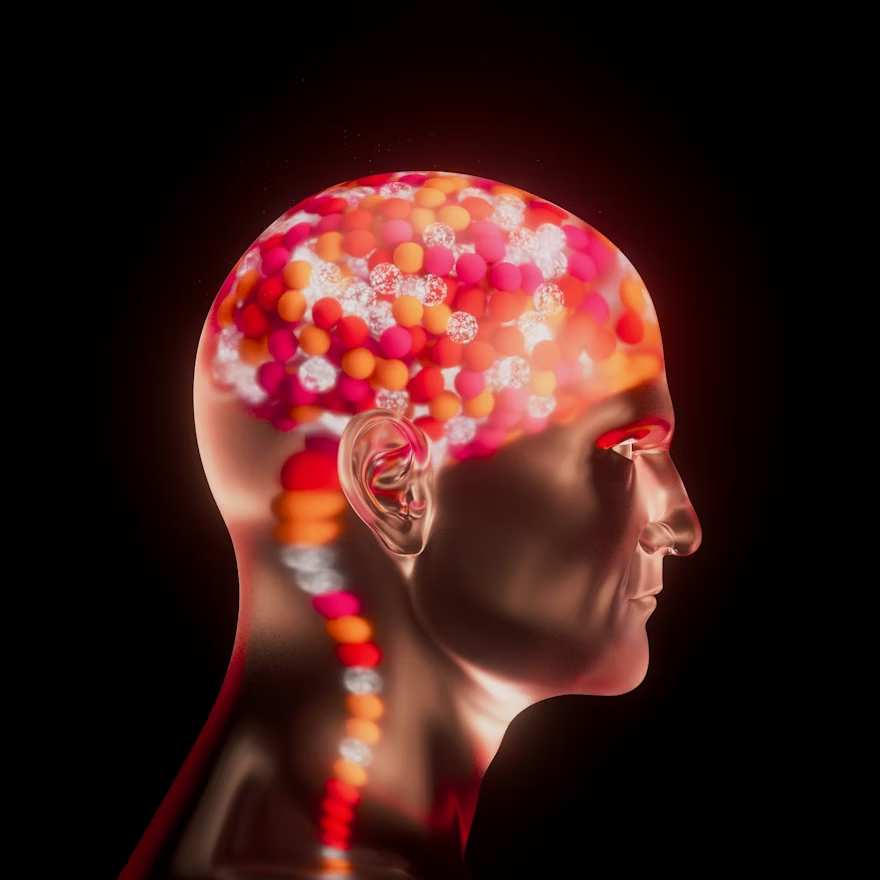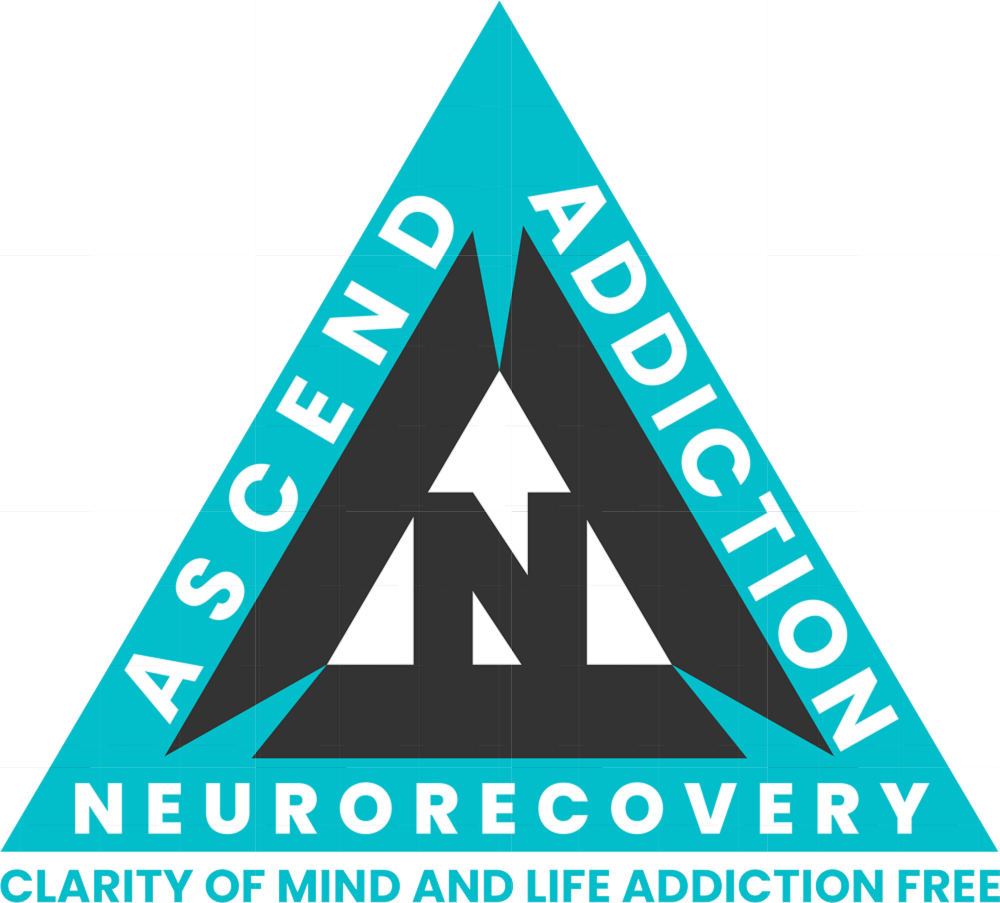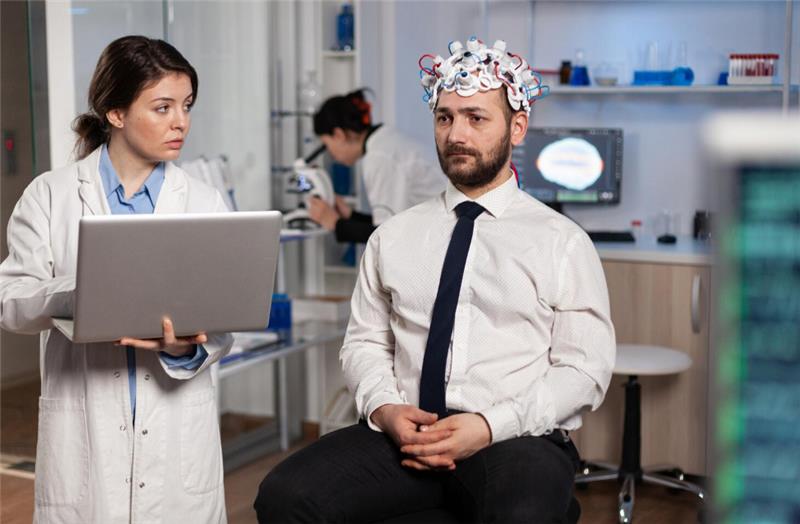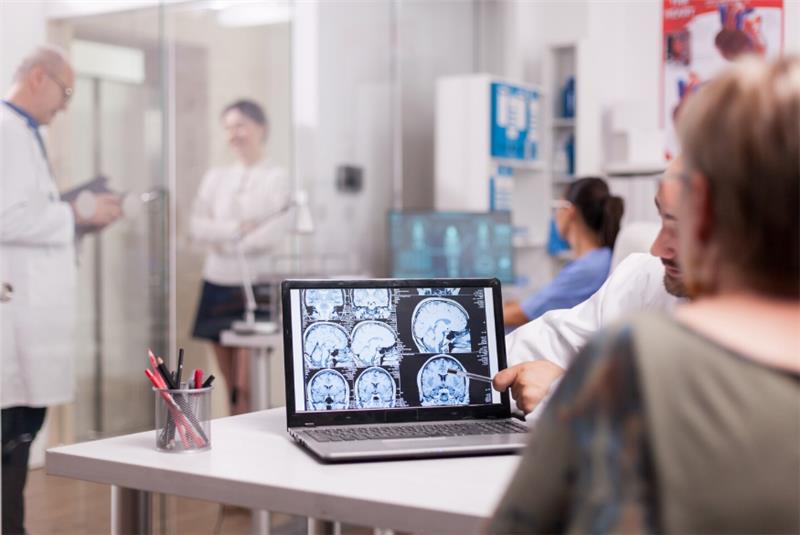
Addiction affects both the mind and body, making recovery a complex journey that requires more than just willpower. Traditional treatments often focus on physical symptoms or changes in living, but to get better for good, you need a more all-around approach. This is why care that focuses on the brain is so important. If you look at how the brain processes thoughts, feelings, and actions, this way gets to the heart of the issue instead of just the surface, revealing the complexities of brain structure and function. Addiction rewires the brain, making it hard to control urges, deal with stress, or make good choices due to changes in brain structure.
Brain-focused care retrains these pathways, which makes the roots for staying sober stronger, particularly by addressing the brain disease model of addiction. Cognitive behavioral therapy (CBT), mindfulness, and neuroplasticity techniques are all treatment approaches that help the brain heal and change its functioning. Researchers have shown that this method helps people recover more quickly when paired with caring support and individualized care. Knowing how brain-focused care improves addiction treatment can help people and their families pick a better way to get better and stay healthy in the long run.
The Brain’s Role in Addiction
Addiction isn’t just caused by bad decisions or lack of control; it has a lot to do with how the human brain works. Drugs and alcohol change neurotransmitters like dopamine. This makes a strong cycle of happiness and reward. The brain gets used to these changes over time and needs more of the drug to feel normal. Because of this rewiring in brain regions, stopping is very hard. Brain-focused care sees addiction as a brain disorder instead of just a behavior issue. When treatment programs understand how these changes happen, they create methods that directly target the brain changes caused by drug addiction. This scientific perspective enhances healing effectiveness and reduces the risk of relapse.
How Brain-Focused Care Rewires Neural Pathways
Neurological connections can be rewired, which is one of the most important benefits of brain-focused care in addressing addiction vulnerability. Neuroplasticity is the brain’s power to change and make new links. It is an important part of getting better. Addiction makes bad habits more likely to happen, but therapy can help change those bad habits into better ones. Cognitive behavioral therapy (CBT) techniques help people change their negative thought patterns into positive ones. Mindfulness teaches people to be aware of their triggers and provides them with tools to respond rather than react. Over time, these habits build new pathways that help people stay sober. Brain-focused care gives people long-term ways to deal with problems and helps the brain heal from past damage.
Combining Science and Compassion in Treatment
The most effective way to treat addiction is through a combination of science and compassion. Methods such as cognitive behavioral therapy (CBT) and mindfulness have proven effective, and brain-focused care employs them. However, healing from addiction also needs a supportive environment to address the vulnerability to addiction. Addicts often feel guilty, ashamed, and scared when they are trying to beat their addiction. Compassionate care helps people regain their confidence while also dealing with the brain structure effects of drug use. People are more likely to trust the therapy process and go to therapy if they feel safe and supported. This focus on people ensures that treatment doesn’t feel like punishment, but rather a way to improve. Brain-focused programs help people get better in a way that lasts by combining cutting-edge science with real care.
Brain-Focused Care and Relapse Prevention
One of the hardest parts of recovering from addiction is relapse. Without working on brain function, it’s challenging to avoid relapse. Brain-focused care gives people the tools they need to better handle triggers and urges. Behavioral therapy (BT) helps individuals recognize situations that put them at high risk and replace their unhealthy reactions with healthier, more effective ones. Practicing mindfulness and rest can help you become more self-aware, which can help you control your impulses. By making the brain’s coping processes stronger, clients can handle things better in real life. This method not only helps people achieve sobriety, but it also provides them with the tools they need to maintain it. Treatment centers can significantly reduce return rates and offer people hope for lasting change by prioritizing brain health.
The Future of Brain-Based Addiction Recovery
Addiction treatment is changing, and brain-focused care is the way of the future. Neuroscience keeps making progress that shows how flexible the brain can be, even after years of drug use. Treatments increasingly tailor to each person’s unique brain processes and recovery needs. When technology, therapy, and holistic practices are combined, healing processes are more comprehensive. As the study grows, brain-based approaches will continue to shape recovery from addiction, giving millions of people hope. The goal is to move from short-term fixes to long-term solutions that strengthen the mind. When addiction is seen as a disease of the brain, healing is easier to achieve and lasts longer.
Ending Note
There is no one way to heal from addiction that works for everyone. Each person has their own problems, situations, and ways of thinking. Brain-focused care accounts for these differences and heals people in a science-based and compassionate manner. This method helps people build mental strength, change negative thought patterns, and find better ways to deal with stress by focusing on the brain causes of addiction. Combining proven treatments with supportive care creates a strong base for long-term recovery.
At Ascend Addiction NeuroRecovery, we specialize in providing brain-focused care through evidence-based methods like cognitive-behavioral therapy (CBT) Calgary. Our therapists have extensive experience in creating individualized treatment plans that address both the mind and body. We ground our method in results and combine scientific knowledge with compassion to ensure every client feels supported and has the tools to achieve long-term success. If you or someone you care about is having trouble with addiction, call Ascend Addiction NeuroRecovery right away to find out more about our unique programs that can help you get healthy, give you hope, and give you permanent freedom.








